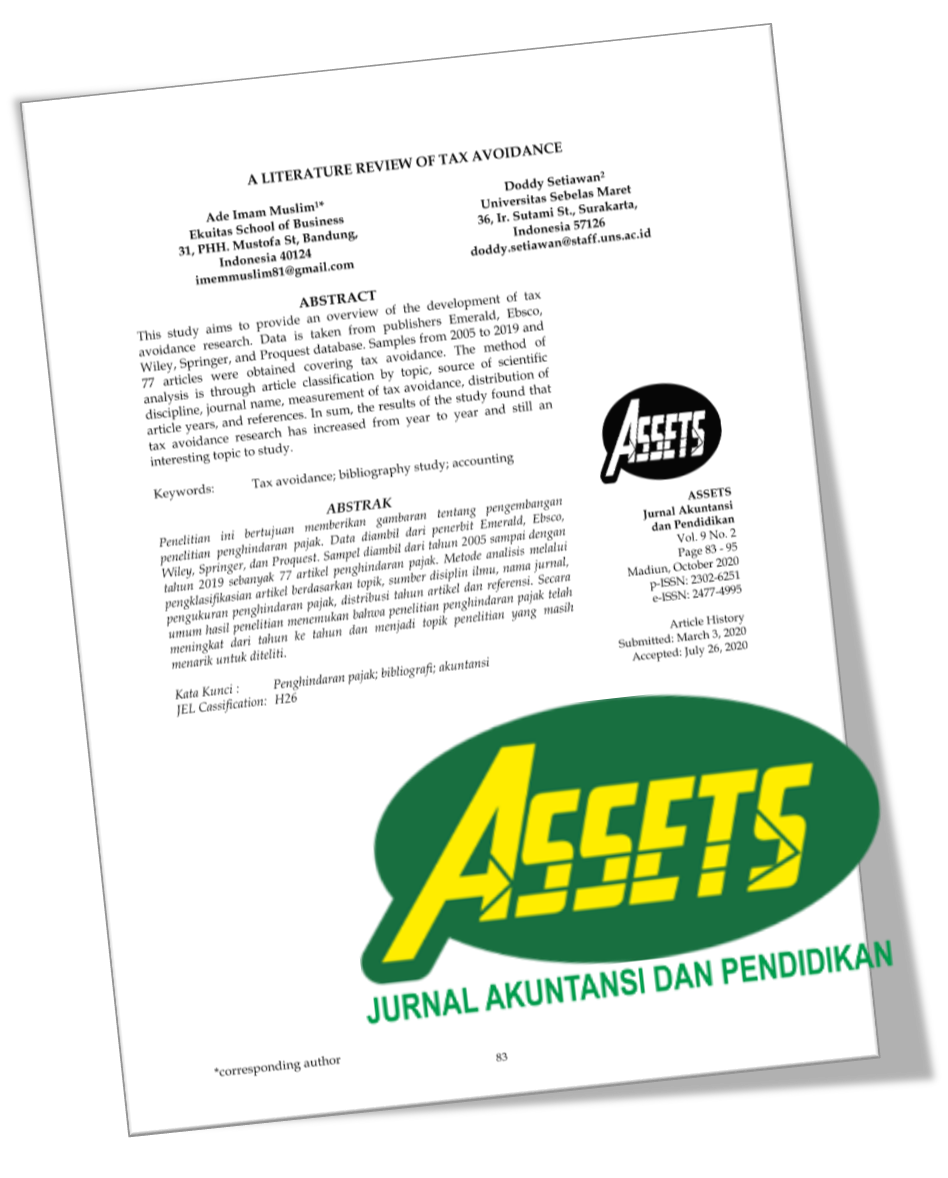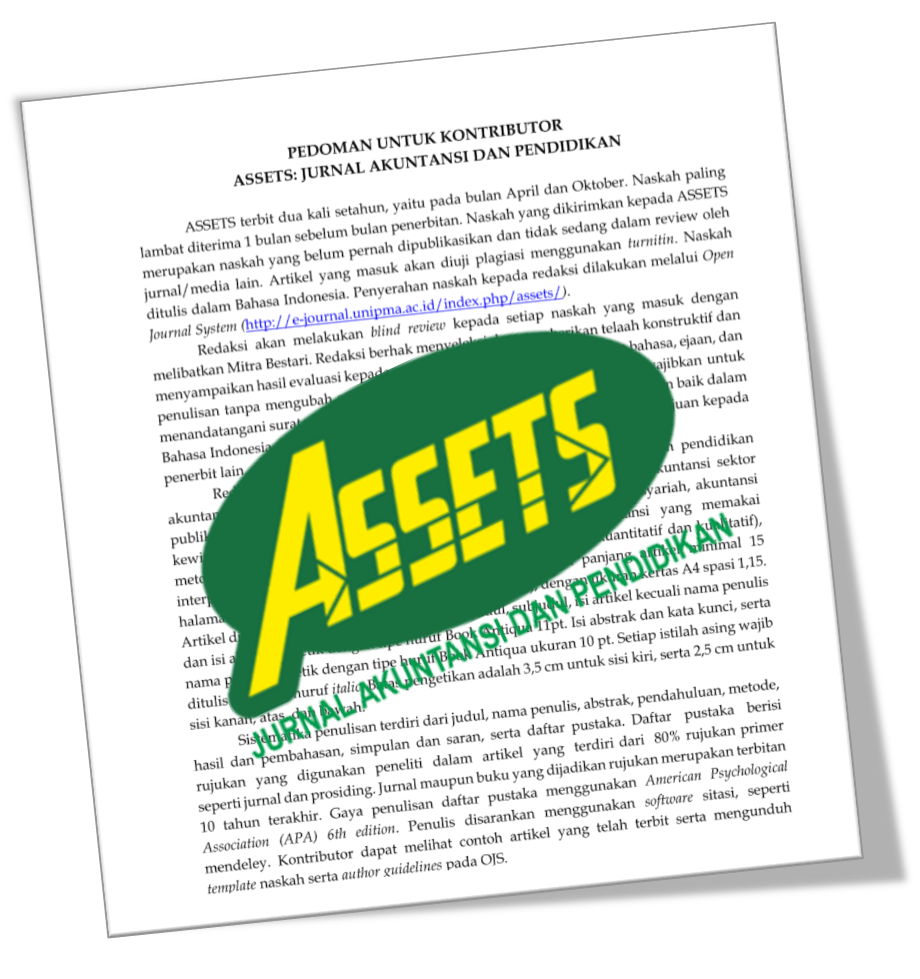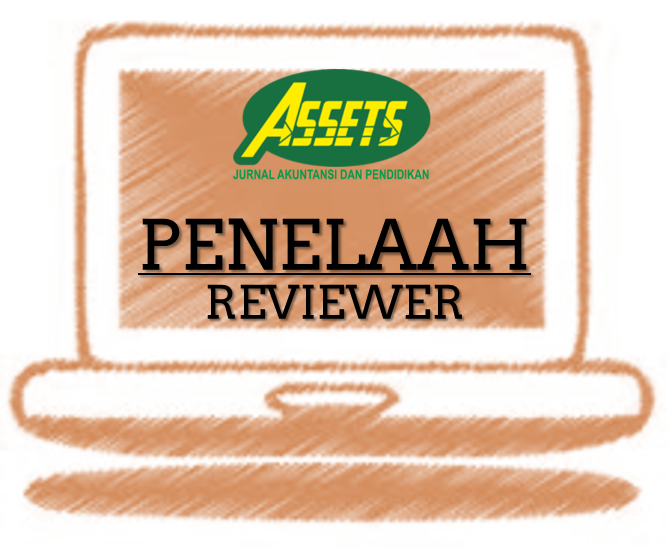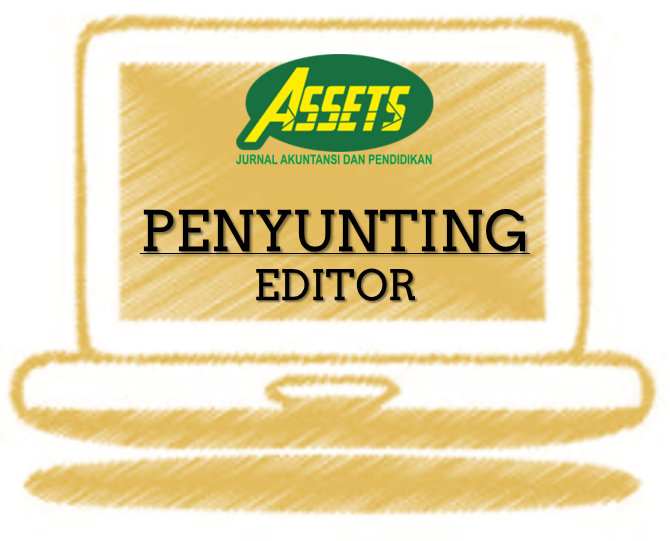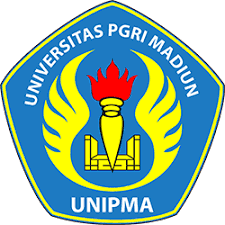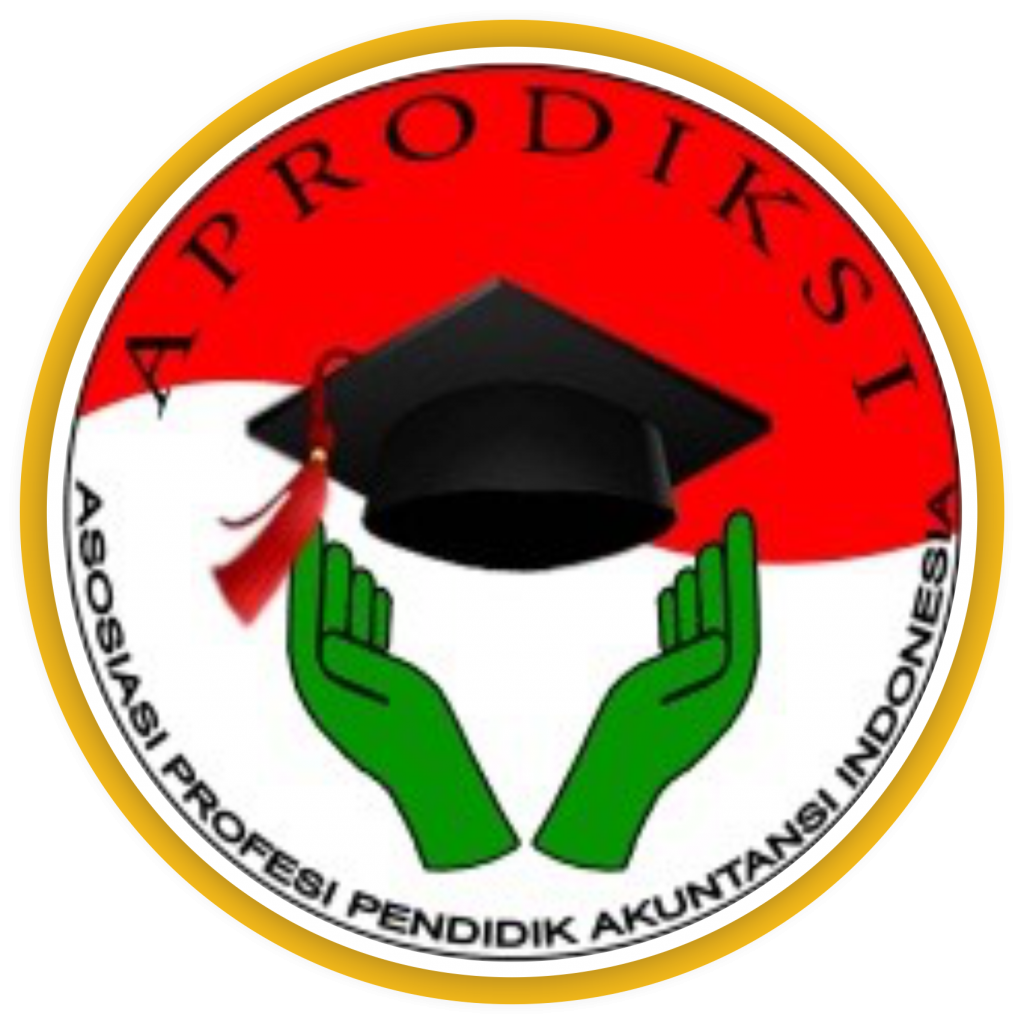THE INFLUENCE OF ACCOUNTABILITY ON CLEAN-CORRUPTION PERCEPTION IN LOCAL GOVERNMENT
Abstract
This study aimed to analyze and examine the influence of financial accountability, performance accountability and public services accountability on the clean-corruption perception. The study population was the local government in Indonesia. Sampling technique used is purposive sampling and obtained 104 sample. The approach used in this research is a quantitative with an analysis tool used is multiple regression. The results show financial accountability and public services accountability influencing the clean-corruption perception, whereas performance accountability can’t influencing the clean-corruption perception. Hence it can be concluded that by improving the financial accountability and public services accountability can reduce the prevalence of corruption at the local government.
Keywords
Full Text:
PDFReferences
Afriyanti, D., Sabanu, H. G., & Noor, F. (2015). Penilaian indeks akuntabilitas instansi pemerintah. Jurnal Tata Kelola & Akuntabilitas Keuangan Negara, 1(1), 21–42.
Ball, R., & Brown, P. (1968). An Empirical Evaluation of Accounting Income Numbers. Journal of Accounting Research, 6(2), 159–178.
Bergman, M., & Lane, J. (1990). Public Policy in A Principal-Agent Framework. Journal of Theoretical Politics, 2(3), 339–352. https://doi.org/10.1177/0951692890002003005
Deininger, K., & Mpuga, P. (2005). Does greater accountability improve the quality of public service delivery? Evidence from Uganda. World Development, 33(1), 171–191. https://doi.org/10.1016/j.worlddev.2004.09.002
Gailmard, S. (2012). Accountability and Principal–Agent Theory. Oxford Handbook of Accountability, (August), 90–105. https://doi.org/10.1093/oxfordhb/9780199641253.013.0016
Gray, A., & Jenkins, B. (1993). Codes of accountability in the new public sector. Accounting, Auditing & Accountability Journal. https://doi.org/10.1108/09513579310042560
Heriningsih, S., & Marita. (2013). Pengaruh Opini Audit dan Kinerja Keuangan Pemerintah Daerah terhadap Tingkat Korupsi Pemerintah Daerah (Studi Empiris pada Pemerintah Kabupaten dan Kota di Pulau Jawa). Buletin Ekonomi, 11(1), 1–86. https://doi.org/10.1017/CBO9781107415324.004
Ibietan, J. (2013). Corruption and Public Accountability in the Nigerian Public Sector: Interrogating the Omission. European Journal of Business and Management, 5(15), 41–49.
Jensen, C., & Meckling, H. (1976). Theory of the firm: Managerial behavior, agency costs and ownership structure. Journal of Financial Economics, 3, 305–360. https://doi.org/doi:10.1016/0304-405X(76)90026-X
Kemendikbud. (2011). Pendidikan Anti Korupsi untuk Perguruan Tinggi. (Y. K. Nanang T. Puspito, Marcella Elwina S., Indah Sri Utari, Ed.). Jakarta: Kementerian Pendidikan dan Kebudayaan RI.
Klitgaard, R. (1998). Membasmi Korupsi. Jakarta: Yayasan Obor Indonesia.
Klitgaard, R., Abaroa, R. M., & Parris, H. L. (2002). Penuntun Pemberantasan Korupsi Dalam Pemerintahan Daerah. Jakarta: Yayasan Obor Indonesia.
KPK. (2014). Integritas Sektor Publik Indonesia Tahun 2013 (Fakta Korupsi Dalam Layanan Publik). Jakarta: Direktorat Penelitian dan Pengembangan Kedeputian Bidang Pencegahan Komisi emberantasan Korupsi.
Lane, J.-E. (2005). Public administration and public management: the principal-agent perspective. Public Administration, 85(3), 871–874. https://doi.org/10.1111/j.1467-9299.2007.00673_7.x
Leruth, L., & Paul, E. (2007). A Principal-Agent Theory Approach to Public Expenditure Management Systems in Developing Countries. OECD Journal on Budgeting, 7(3), 103–131. https://doi.org/10.1787/budget-v7-art16-en
Mardiasmo. (2002). Akuntansi Sektor Publik (Edisi Pert). Yogyakarta: Andi.
Mariana, D., Paskarina, C., & Nurasa, H. (2010). Reformasi Birokrasi dan Paradigma Baru Administrasi Publik di Indonesia. In revitaslisasi administrasi negara (p. 3). Yogyakarta: graha ilmu.
Masyitoh, R. D., Wardhani, R., & Setyanigrum, D. (2015). Pengaruh Opini Audit, Temuan Audit, dan Tindak Lanjut Hasil Audit terhadap Persepsi Korupsi pada Pemerintah Daerah Tingkat II Tahun 2008-2010. Seminar Nasional Akuntansi 18 Universitas Sumatera Utara Medan, 1–26.
Mishra, A. (2004). Corruption: a review. Journal of Economic Surveys, 15(1), 71–121. https://doi.org/10.1111/1467-6419.00133
Olken, B. A. (2007). Monitoring Corruption: Evidence from a Field Experiment in Indonesia. Journal of Political Economy, 115(2), 200–249. https://doi.org/10.1086/517935
Palmer, M. (2000). Records management and accountability versus corruption, fraud and maladministration. Records Management Journal, 10(2), 61–72. https://doi.org/10.1108/EUM0000000007256
Peraturan Pemerintah Nomor 71. Standar Akuntasi Pemerintah (2010). Republik Indonesia.
Peters, b. guy. (2007). Performance-Based Accountability. In Anwar (Ed.), Performance accountability and combating corruption (pp. 15–31). Washington DC: The World Bank.
Rini, & Sarah, A. (2014). Opini Audit Dan Pengungkapan Atas Laporan Keuangan Pemerintah Kabupaten Serta Kaitannya Dengan Korupsi Di Indonesia. Etikonomi, 13(1), 1–20. https://doi.org/http://dx.doi.org/10.15408/etk.v13i1.1875
Rosalina, K. (2011). Faktor-Faktor Yang Mempengaruhi Korupsi Di Tingkat Kabupaten Dan Kota Di Indonesia (Dalam Konteks Anggaran Pendapatan dan Belanja Daerah). Tesis Universitas Brawijaya. Tidak Dipublikasikan.
Scott, W. R. (2009). Financial Accounting Theory. Learning, 546.
Shah, A. (2007). Tailoring the fight against corruption to country circumstances. In Performance accountability and combating corruption (pp. 233–254). Washington DC: The World Bank. https://doi.org/doi:10.1596/978-0-8213-6941-8
Shleifer, A., & Vishny, R. W. (1993). Corruption. The Quarterly Journal of Economics, 108(3), 599–617. https://doi.org/10.2307/2118402
Steccolini, I. (2004). Is the Annual Report and accountability medium? An empirical investigation into Italian local governments. Financial Accountability & Management, 20(August), 327–350. https://doi.org/10.1111/j.0267-4424.2004.00389.x
Svensson, J. (2005). Eight Questions about Corruption. Journal of Economic Perspectives, 19(3), 19–42. https://doi.org/10.1257/089533005774357860
TII. (2015). Survei Persepsi Korupsi 2015. Jakarta: Transparancy International Indonesia. https://doi.org/10.1017/S1368980000000069
Article Metrics
Abstract has been read : 1290 timesPDF file viewed/downloaded: 0 times
DOI: http://doi.org/10.25273/jap.v5i2.1194
Refbacks
- There are currently no refbacks.
Copyright (c) 2017 Assets: Jurnal Akuntansi dan Pendidikan

This work is licensed under a Creative Commons Attribution-NonCommercial-ShareAlike 4.0 International License.
ASSETS: Jurnal Akuntansi dan Pendidikan is supported by
ASSETS: Jurnal Akuntansi dan Pendidikan is indexed by
| | | ||||
| | | | |

ASSETS: Jurnal Akuntansi dan Pendidikan is licensed under a Creative Commons Attribution-ShareAlike 4.0 International License.

